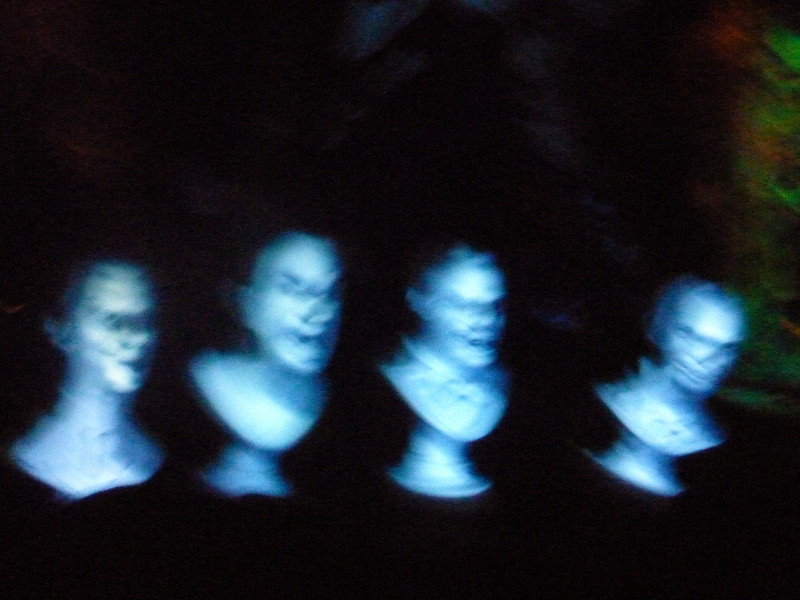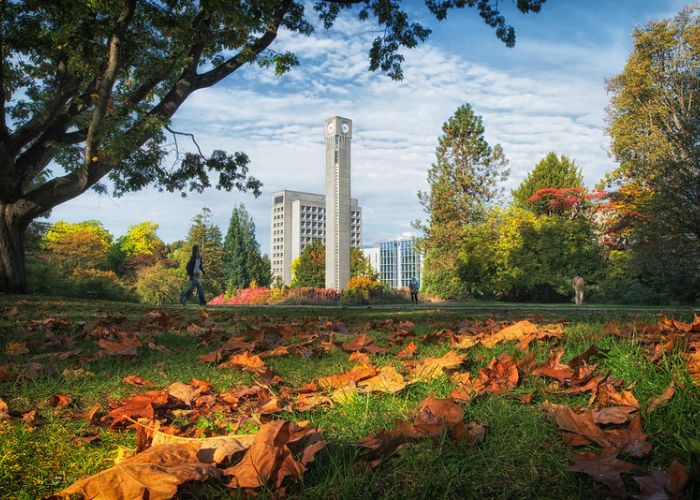

Dr. Katherine Bowers Russ 410A class
In lieu of a midterm, Dr. Katherine Bowers hosted a 19th-century style literary and artistic salon for her RUSS 410A students.
RUSS 410A is a course that focuses on 19th-century Russophone women’s writing. During this time period, salons were one of the main spaces where women could share work and engage with literature and art. A salon hostess would invite guests to share artistic and literary works with each other, including both works of their own creation and works by others that they had translated, admired, or wished to critique.
“What will these eyes have when they are in someone else’s body?”
These works might be serious or humourous; they could be poetry, prose, or drama. Non-literary forms such as critical essays, paintings and sketches, or musical performances sometimes also featured in the salon.
Many, if not all, of the literary works on the first half of the syllabus in RUSS 410A had their debuts at salons. Furthermore, several of the authors featured in the class were known for the salons they hosted, including Evdokiia Rostopchina, Karolina Pavlova, and Evgeniia Tur. In 19th-century Europe, the salon was a space that, to some extent, equalized men and women. A woman could gain social and, sometimes, political power by being a great salon hostess. Arguably, without the ability to share work in salons, many of the writers featured on the RUSS 410A syllabus would never have become known.
“The quiet naysayers / The do naught but talk all nighters”
RUSS 410A students were challenged to prepare a performance of a short work of literature, music, art or criticism for the salon. They could create a work themselves, translate the work from another language, or select a work they admire. The main criteria was that the work should have a clear connection to the class’s themes.


RUSS 410A Students (from Right to Left) Yilin Wang, Constança Sousa, and Ashwin Rupanagudi discuss Yilin’s project.
The salon day showcased work ranging from monologue and critical essay to poetry, prose, and even artwork. After the performance, students wrote reflections on the way their experience of the salon project helped them to understand the way art and literature were shaped through 19th-century salon culture. The RUSS 410A salon was catered with tea-flavoured donuts and some Eastern European snacks, with thanks to the CENES Department for this support.



